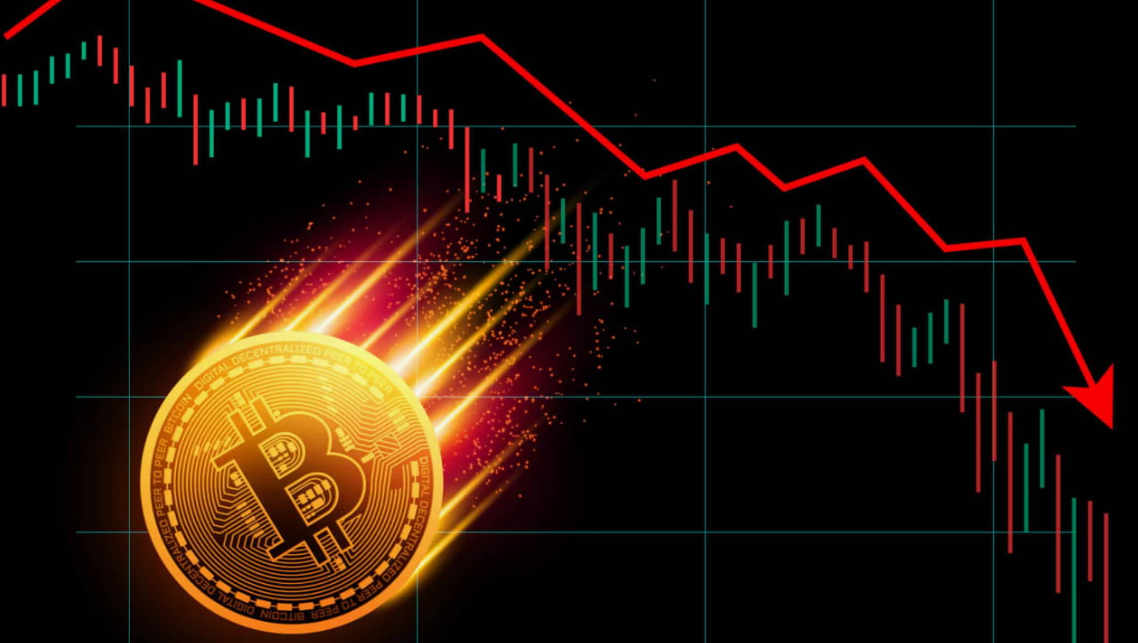When it comes to trading, it’s not all about numbers and charts. There’s a huge mental game happening behind the scenes, and understanding this can really make a difference in your success as a trader. This article dives into the psychology behind successful trading decisions. We’ll look at why psychology matters in trading, how emotions play a big role, and how you can make better trading decisions by understanding your own mind.
So grab a cup of coffee, and let’s get into it!
Why Psychology Matters in Trading
Trading isn’t just about crunching numbers. It’s super important to understand that your mindset can impact your decisions, sometimes even more than the data itself.
The Human Factor
As traders, we’re all human. And humans have feelings! Whether it’s fear of losing money or excitement over a potential profit, emotions can really cloud our judgment. Studies show that traders who recognize their emotional triggers can make better decisions. When you know what influences your choices, you can start to manage those feelings.
Common Psychological Pitfalls
Here are a few psychological traps that traders often fall into:
- Fear of Missing Out (FOMO): This is when you jump into a trade because you’re worried that you’ll miss a big opportunity. It can lead to hasty decisions and regret later.
- Loss Aversion: Many traders feel the pain of losing money way more than the joy of winning. This can cause you to hold onto losing trades way too long or cut profitable trades too early.
- Overconfidence: Sometimes, we think we’re better than we are. If you’ve had a few wins, it’s easy to get cocky and take unnecessary risks.
Understanding these pitfalls can help you develop strategies to overcome them.
Building a Solid Trading Mindset
Now that we know why psychology matters, let’s talk about how to build a mindset that helps you succeed in trading.
Set Realistic Goals
Having clear, realistic goals is key. Instead of saying, “I want to make a ton of money,” try something like, “I want to improve my trading strategy and learn from my mistakes.” This way, you’ll focus on growth instead of just profit.
Practice Patience
Trading isn’t a race. It’s more like a marathon. Waiting for the right opportunities instead of jumping in quickly can lead to better results. Remember, patience is a virtue, especially in trading!
Keep a Trading Journal
This is one of my favorite tips! Keeping a journal can help you understand your trading patterns, decisions, and emotions. Write down what trades you made, why you made them, and how you felt. Over time, this will help you see trends and improve your strategy.
Stay Educated
The more you know, the better decisions you can make. Stay updated on market news, trends, and trading strategies. FXpricing offers real-time data and analysis that can help you stay informed. Check out their platform for insights that can enhance your trading game!
Emotions and Their Role in Trading
Emotions can really make or break your trading success. Let’s break down some common emotions and how they can affect your decisions.
Fear
Fear is a huge emotion in trading. It can stop you from taking a good trade or make you sell too soon. Instead of letting fear control you, try to acknowledge it. Ask yourself, “Is this fear based on data or just my feelings?” By separating facts from emotions, you can make better choices.
Greed
Ah, greed—the desire for more! While it’s good to want to succeed, greed can lead to bad decisions. It’s important to have a plan and stick to it. Set profit targets and don’t let the thrill of potential profits cloud your judgment.
Hope
Hope can be a double-edged sword. While it’s nice to hope for the best, it shouldn’t be the basis of your trading decisions. Always base your actions on data and analysis rather than wishful thinking.
Strategies for Managing Your Trading Psychology
So, how can you manage your emotions and make better trading decisions? Here are some strategies:
Mindfulness and Self-Awareness
Practicing mindfulness can help you stay in the moment and understand your thoughts and feelings. When you feel a strong emotion, take a step back and assess why you’re feeling that way. This self-awareness can help you respond rather than react.
Use Visualization Techniques
Visualizing your success can boost your confidence. Picture yourself making a successful trade and following your plan. This positive imagery can help calm nerves and reinforce good habits.
Develop a Trading Plan
Having a solid trading plan is like having a roadmap. It should include your goals, strategies, risk tolerance, and guidelines for entering and exiting trades. Sticking to your plan can help you avoid making impulsive decisions based on emotions.
Take Breaks
Sometimes, the best thing to do is to step away. If you’re feeling overwhelmed or emotional, take a break. Go for a walk, do something you enjoy, and clear your head. You’ll come back with a fresh perspective.
Real-Life Examples of Trading Psychology
Let’s look at a couple of examples to illustrate how psychology impacts trading decisions.
Example 1: The Overconfident Trader
Meet Alex, an experienced trader who’s had a few good weeks in a row. Feeling invincible, he decides to double his investment on a trade without doing thorough research. Guess what? The trade flops, and Alex ends up losing a significant amount. If only he had stuck to his trading plan and done proper analysis!
Example 2: The Fearful Trader
Now, let’s talk about Sam. He sees a great opportunity in the market but hesitates because he’s worried about losing money. He finally makes the trade but sells out too early, missing out on big profits. If Sam had recognized his fear and focused on his strategy, he could have maximized his gains.
These examples show how our emotions can shape our trading outcomes. By recognizing these patterns in ourselves, we can strive to make better decisions.
Conclusion
The psychology behind trading is a crucial aspect that often gets overlooked. Emotions like fear, greed, and hope can heavily influence our decisions. By understanding these feelings and developing strategies to manage them, we can become more successful traders. Remember, it’s all about balance—being informed while also staying in touch with your emotions.
So, whether you’re a financial analyst, a trader, an educator, or a researcher, take a moment to reflect on your mindset. Trust me; it can make a world of difference in your trading journey!
FAQs
Q1: What is the most important psychological factor in trading?
A: While many factors matter, self-awareness is key. Understanding your emotions and how they impact your decisions can lead to better trading outcomes.
Q2: How can I manage my fear of losing money?
A: A solid trading plan and practicing mindfulness can help. Recognize your fear and focus on your strategy instead of the potential loss.
Q3: Why should I keep a trading journal?
A: A trading journal helps you track your trades, analyze your decision-making process, and recognize emotional patterns. It’s a great tool for improving your trading skills!
Q4: Can visualization techniques really help in trading?
A: Absolutely! Visualization can boost your confidence and reinforce positive habits. It helps you picture your success, making you more likely to achieve it.Q5: How often should I take breaks while trading?
A: It’s good to take breaks whenever you feel overwhelmed or emotional. Stepping away can provide clarity and help you make better decisions when you return.




